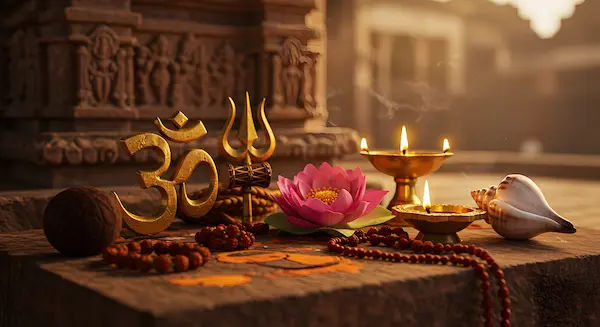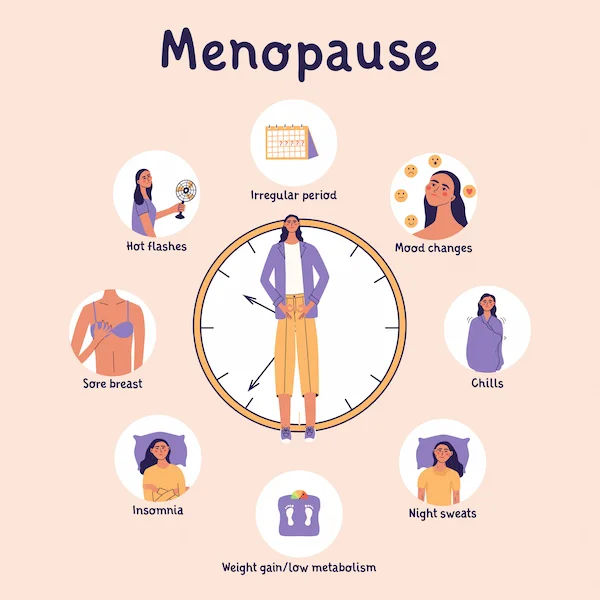Can Angina Be Fatal During Sleep?
Learn whether angina can be fatal during sleep, what warning signs to watch for, and how to manage the condition to reduce nighttime risks and protect heart health.


Angina is a condition that causes chest pain or discomfort due to reduced blood flow to the heart. Many people wonder whether angina can become life-threatening, especially during sleep. The short answer is: while angina itself is not usually fatal, it can be a warning sign of a more serious heart condition, such as a heart attack, which can be dangerous at any time, including during sleep.
In this article, we’ll explore what angina is, its symptoms, causes, and whether it can be dangerous while sleeping. We’ll also share tips on how to manage angina and when to seek medical help.
Understanding Angina
Angina is not a disease itself but a symptom of an underlying heart problem, usually coronary artery disease (CAD). It happens when the heart muscle doesn’t get enough oxygen-rich blood, leading to chest pain or discomfort.
Types of Angina
1. Stable Angina: The most common type, triggered by physical exertion or stress and relieved by rest or medication.
2. Unstable Angina: More severe and unpredictable, occurring even at rest. This is a medical emergency as it may lead to a heart attack.
3. Variant (Prinzmetal) Angina: Rare and caused by a spasm in the coronary arteries, often happening at rest or during sleep.
Can Angina Be Fatal During Sleep?
Angina itself is not typically fatal, but certain types, like unstable angina or variant angina, can increase the risk of a heart attack, which can be life-threatening—even during sleep.
Why Does Angina Happen at Night?
- Decreased Blood Pressure: Blood pressure naturally drops during sleep, which may reduce blood flow to the heart in people with blocked arteries.
- Coronary Artery Spasms: Variant angina can cause sudden spasms in the arteries, reducing blood flow while sleeping.
- Sleep Apnea: A condition where breathing stops briefly during sleep, lowering oxygen levels and straining the heart.
If you experience chest pain at night, especially if it’s severe or lasts longer than a few minutes, seek emergency medical help immediately.
Consult Top Heart Specialists
Symptoms of Angina
Common signs include:
- Chest pain, pressure, or tightness (often described as a squeezing sensation)
- Pain spreading to the arms, neck, jaw, shoulder, or back
- Shortness of breath
- Fatigue or dizziness
- Nausea or sweating
Nighttime angina symptoms may also include:
- Waking up with chest pain
- Difficulty breathing while lying down
- Unusual sweating or palpitations
Causes & Risk Factors
Angina is usually caused by coronary artery disease (CAD), where plaque buildup narrows the arteries. Other factors include:
- High blood pressure
- High cholesterol
- Diabetes
- Smoking
- Obesity
- Sedentary lifestyle
- Family history of heart disease
- Managing Angina
While angina can be concerning, lifestyle changes and proper treatment can help manage symptoms and reduce risks.
Lifestyle Changes
- Eat a Heart-Healthy Diet: Focus on fruits, vegetables, whole grains, lean proteins, and healthy fats. Avoid excessive salt, sugar, and processed foods.
- Exercise Regularly: Moderate activities like walking or swimming improve heart health. Always consult a doctor before starting a new exercise routine.
- Quit Smoking: Smoking damages blood vessels and worsens angina.
- Manage Stress: Practice relaxation techniques like deep breathing, yoga, or meditation.
- Maintain a Healthy Weight: Excess weight puts extra strain on the heart.
- Control Underlying Conditions: Keep blood pressure, cholesterol, and diabetes in check with medication and regular check-ups.
Medical Treatments
- Medications: Nitroglycerin (for quick relief), beta-blockers, calcium channel blockers, or statins may be prescribed.
- Procedures: In severe cases, angioplasty or bypass surgery may be needed to improve blood flow.
When to Seek Emergency Help
If you experience:
- Chest pain that lasts more than a few minutes
- Pain that spreads to the arm, jaw, or back
- Severe shortness of breath
- Cold sweats or nausea
Call emergency services immediately, as these could be signs of a heart attack.
Can You Prevent Nighttime Angina?
While not all cases can be prevented, you can reduce risks by:
- Taking prescribed medications on time
- Sleeping with your head slightly elevated if you have nighttime symptoms
- Avoiding heavy meals before bed
- Managing sleep apnea if diagnosed
When to See a Doctor?
If you have:
- New or worsening chest pain
- Angina symptoms at rest or during sleep
- Risk factors like high blood pressure or diabetes
Consult a cardiologist for proper evaluation. Early diagnosis and treatment can prevent complications.
Conclusion
Angina during sleep is not common but can happen, especially in people with unstable or variant angina. While angina itself is not usually fatal, it can signal a serious heart condition that needs prompt attention. By making healthy lifestyle choices and following medical advice, you can manage angina effectively and reduce risks.
If you or a loved one experiences unexplained chest pain—especially at night—don’t ignore it. Book a consultation with a heart specialist on Apollo 24|7 to get the right diagnosis and care.
Consult Top Heart Specialists
Consult Top Heart Specialists

Dr. Tripti Deb
Cardiologist
40 Years • MBBS, MD, DM, FACC, FESC
Hyderabad
Apollo Hospitals Jubilee Hills, Hyderabad

Dr. Anand Ravi
General Physician
2 Years • MBBS
Bengaluru
PRESTIGE SHANTHINIKETAN - SOCIETY CLINIC, Bengaluru
Dr Moytree Baruah
Cardiologist
10 Years • MBBS, PGDCC
Guwahati
Apollo Clinic Guwahati, Assam, Guwahati

Dr. Zulkarnain
General Physician
2 Years • MBBS, PGDM, FFM
Bengaluru
PRESTIGE SHANTHINIKETAN - SOCIETY CLINIC, Bengaluru

Dr. E Prabhakar Sastry
General Physician/ Internal Medicine Specialist
40 Years • MD(Internal Medicine)
Manikonda Jagir
Apollo Clinic, Manikonda, Manikonda Jagir
(150+ Patients)
Consult Top Heart Specialists

Dr. Tripti Deb
Cardiologist
40 Years • MBBS, MD, DM, FACC, FESC
Hyderabad
Apollo Hospitals Jubilee Hills, Hyderabad

Dr. Anand Ravi
General Physician
2 Years • MBBS
Bengaluru
PRESTIGE SHANTHINIKETAN - SOCIETY CLINIC, Bengaluru
Dr Moytree Baruah
Cardiologist
10 Years • MBBS, PGDCC
Guwahati
Apollo Clinic Guwahati, Assam, Guwahati

Dr. Zulkarnain
General Physician
2 Years • MBBS, PGDM, FFM
Bengaluru
PRESTIGE SHANTHINIKETAN - SOCIETY CLINIC, Bengaluru

Dr. E Prabhakar Sastry
General Physician/ Internal Medicine Specialist
40 Years • MD(Internal Medicine)
Manikonda Jagir
Apollo Clinic, Manikonda, Manikonda Jagir
(150+ Patients)


 Benefits and How to Practice It.webp)

